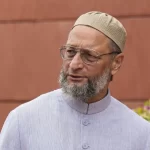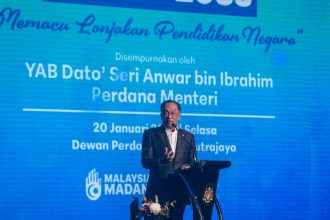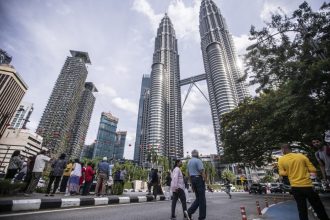Thailand’s oldest political party has made a dramatic move—reinstating former Prime Minister Abhisit Vejjajiva as its leader, marking a striking comeback for one of the country’s most debated political figures.
Abhisit, who served as prime minister from 2008 to 2011, gained admiration early in his career for his intellect, Oxford education, and articulate debating style. However, his tenure was shadowed by the 2010 “Red Shirts” crackdown, a violent confrontation that left more than 90 people dead and thousands injured. The event etched his name into controversy, with critics branding him “the PM with blood on his hands.”
In the years that followed, internal party rifts and waning popularity led Abhisit to resign as the Democrat Party’s leader and eventually withdraw from the party in 2023. Yet, in a stunning show of confidence, 96% of party members voted to reinstate him during a meeting broadcast live on national television.
“I thank everyone for trusting my ability once again,” said the 61-year-old, wearing the party’s iconic blue jacket. “My heart never left here.”
His return comes at a crucial time. Thailand’s current minority government, led by Prime Minister Anutin Charnvirakul, is expected to dissolve parliament and call for elections within four months. Political analysts suggest that Abhisit’s re-emergence could help the Democrat Party reclaim its influence and become a decisive player in the upcoming elections.
Still, challenges lie ahead. “People have long-standing connections with Abhisit and the Democrat Party,” said Ekkarin Tuansiri, a political scientist at Prince of Songkla University. “But it won’t be easy.”
Founded in 1946, the Democrat Party once stood as a dominant force in Thai politics. In recent years, however, internal strife and dwindling public support have dimmed its presence. Whether Abhisit’s leadership can revive its fortunes remains to be seen.
Born in England and educated at Oxford University, Abhisit’s elite background has often been used against him, with critics labeling him “out of touch” with everyday Thais. His decision to skip compulsory military service further fueled controversy. Still, his reinstatement reflects not just nostalgia—but a deep desire within the party for stability and leadership amid uncertain political times.
In the end, this comeback is more than just a political story—it’s a human one. It’s about redemption, second chances, and the unrelenting pull of purpose. For Abhisit, perhaps it’s not just about leading again, but about reconciling with the past to shape Thailand’s future.








